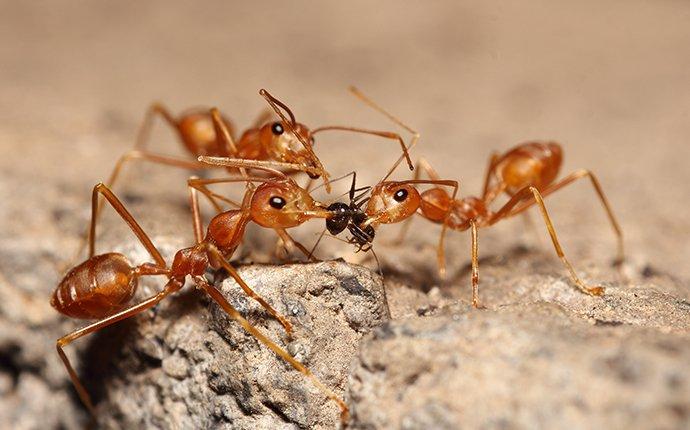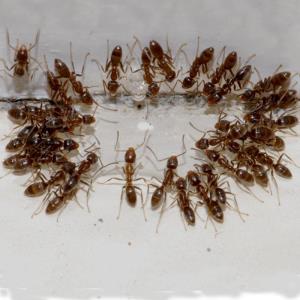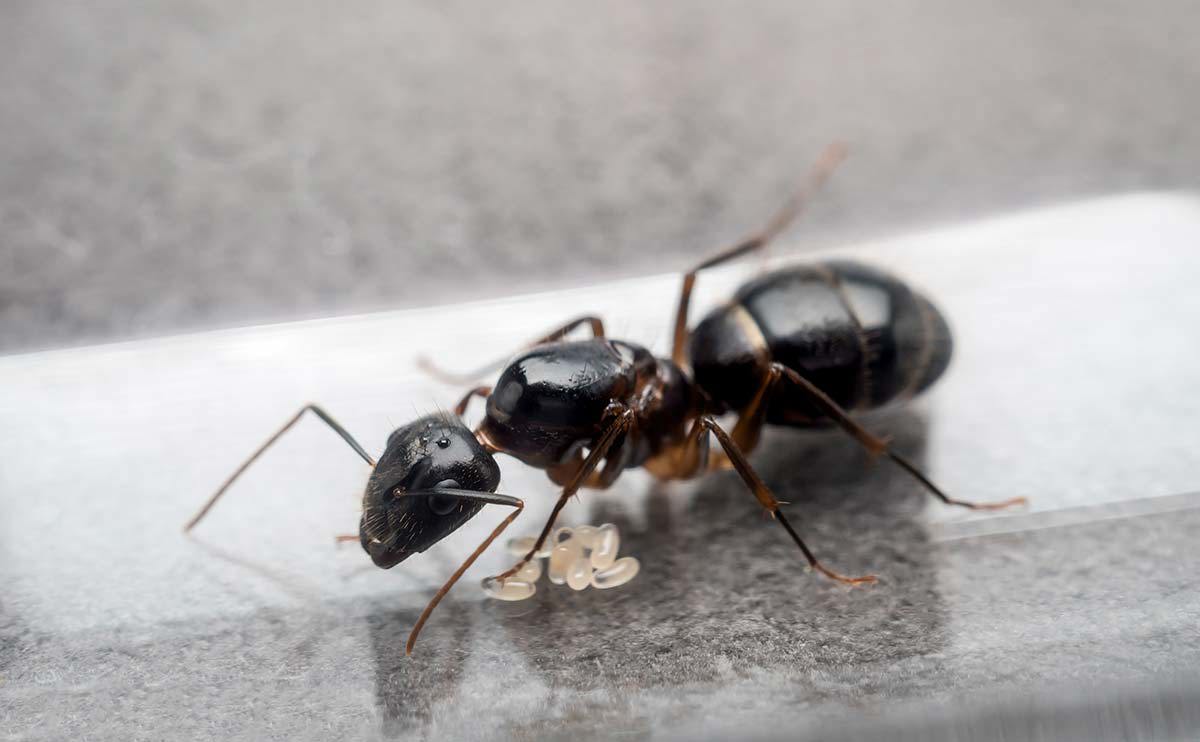Advanced Termite Control: Proven Techniques for Getting Rid Of Termite Infestations
Advanced Termite Control: Proven Techniques for Getting Rid Of Termite Infestations
Blog Article
Environmental Influence of Bug Control: Balancing Performance With Sustainability
The environmental effect of bug control is an essential problem that needs a fragile equilibrium in between achieving efficiency in making certain and taking care of pests sustainability of our environments. From the usage of dangerous chemicals that seep into our soil and water to the unintended effects on non-target varieties, the effects of standard pest control techniques are far-reaching.
Hazardous Chemicals in Insect Control
The use of damaging chemicals in parasite control postures substantial ecological and wellness threats that warrant careful consideration and mitigation strategies. Herbicides, chemicals, and pesticides are typically utilized to eliminate bugs, however their extensive application can result in unintended consequences. These chemicals can infect dirt, water sources, and the air, influencing not just the targeted bugs but likewise valuable pests, wildlife, and humans.

To address these risks, integrated parasite management (IPM) techniques are being advertised as an extra lasting option. IPM includes a mix of techniques such as biological control, habitat manipulation, and the targeted use of pesticides as a last resort (ant control stephens nc). By embracing a holistic technique to pest control, we can minimize the ecological and health and wellness impacts related to unsafe chemicals while properly handling pest populaces
Effect On Non-Target Species
Taking into consideration the unexpected consequences of parasite control techniques, the effect on non-target species is a crucial facet that needs comprehensive analysis. While parasite control measures aim to target specific insects, various other organisms in the ecological community might be accidentally impacted. Non-target varieties, consisting of useful insects, birds, animals, and also plants, can suffer indirect or straight harm from pesticide applications or organic control methods.
Pesticides designed to battle a specific insect bug may harm pollinators like or natural killers such as ladybugs. Organic control representatives, if not species-specific, can present threats to unplanned targets, disrupting the ecological equilibrium.
To minimize the effect on non-target varieties, integrated insect administration (IPM) techniques that emphasize a holistic approach to pest control are advised. These methods focus on the usage of eco-friendly techniques, decreasing damage to beneficial organisms while successfully taking care of pest populations. Conducting extensive risk assessments and keeping track of the results of insect control initiatives are crucial action in securing non-target varieties and advertising overall ecosystem wellness.
Dirt and Water Contamination
Unexpected environmental effects of parasite control methods prolong past influencing non-target species, with significant effects for soil and water contamination - ant control. Pesticides, herbicides, and chemical fertilizers utilized in parasite control can leach right into the soil and infect groundwater, posturing a risk to both marine and terrestrial ecosystems.
Water contamination is one more important problem connected with insect control techniques. To reduce soil and water contamination from pest control tasks, incorporated bug administration strategies that prioritize sustainability and decrease chemical inputs are critical.
Air Air Pollution From Chemical Use
Exposure to airborne pesticides throughout farming applications positions a significant concern for air contamination control actions. When pesticides are splashed onto crops, they can volatilize right into the air and type volatile natural substances (VOCs) and other air-borne contaminants. These chemicals can add to the formation of ground-level ozone, a significant element of smoke that can have harmful results on human health and wellness, crop efficiency, and overall air high quality. Additionally, pesticide drift, where pesticides are lugged by the wind to unintentional areas, can result in the contamination of neighboring environments and water bodies.

Approaches for Sustainable Pest Control
In the realm of agricultural methods, applying lasting pest control techniques is extremely important for keeping environmental equilibrium and guarding crop yields. Sustainable bug control highlights using eco-friendly approaches to manage bug populaces properly while decreasing injury to non-target microorganisms and ecosystems. Integrated Bug Monitoring (IPM) is an extensively embraced technique that integrates biological, cultural, physical, and chemical control methods to attain lasting bug administration services.
Plant turning and diversification are additionally efficient strategies to interrupt pest life cycles and create less favorable conditions for bugs to flourish. Ultimately, by incorporating these sustainable bug control techniques, farmers can achieve a balance between pest management efficiency and environmental stewardship.
Final Thought
To conclude, the environmental influence of pest control techniques need to be thoroughly considered to balance performance with sustainability. Dangerous chemicals made use of in insect control can ant control conover nc cause dirt and water contamination, air pollution, and harm non-target varieties - termite control. It is important to apply sustainable bug control methods to decrease these negative effects on the atmosphere and advertise a much healthier ecosystem for future generations
By embracing an all natural strategy to pest control, we can minimize the environmental and health effects connected with harmful chemicals while efficiently managing pest populations.

To alleviate the air pollution triggered by pesticide usage, it is essential to embrace integrated insect monitoring methods that prioritize the use of non-chemical bug control methods, such as crop turning, natural predators, and immune plant varieties. Lasting parasite control highlights the usage of eco friendly techniques to take care of insect populaces effectively while lessening harm to non-target microorganisms and ecological communities. Integrated Insect Administration (IPM) is an extensively adopted method that incorporates organic, cultural, physical, and chemical control methods to accomplish long-lasting parasite monitoring solutions.
Report this page